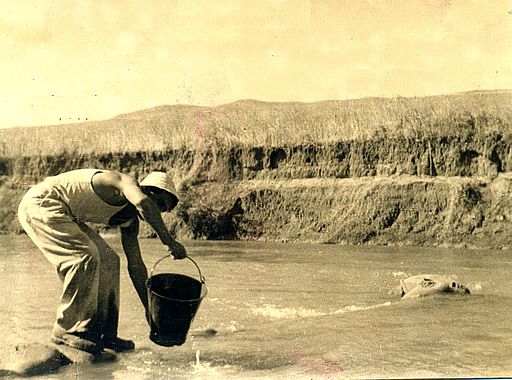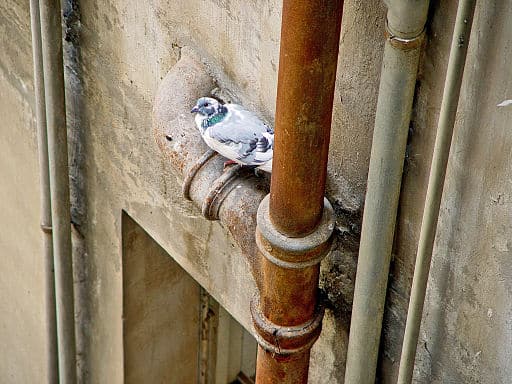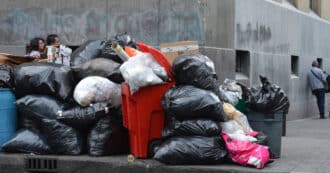By Rabbi Yonatan Neril
Jerusalem’s ancient roots certainly had a spiritual context, but were also tied to access to some of the region’s most precious resource: water. Since its original establishment, the city has struggled for thousands of years to maintain a supply of high quality fresh water for its inhabitants. The latest event in this saga occurred on April 30th when Jerusalem residents in select neighborhoods – around 130,000 people – were informed that their drinking water had been contaminated by treated wastewater. Nine neighborhoods were affected—five Jewish, three Arab, and two mixed. This is one example, among many, of how environmental problems do not discriminate based on religion or ethnicity. As the Jerusalem Post reported on May 1st, 2014, “Residents of select southern and eastern Jerusalem neighborhoods were instructed to boil their water on Wednesday, following a leakage of treated wastewater into the drinking water system. Results from preliminary tests conducted by Hagihon, Jerusalem’s municipal water corporation, indicated that treated wastewater had leaked at a ‘high level’ into the drinking water of several neighborhoods.”
Today, the industrialization of water distribution has increased the availability of water but reduced our appreciation of its importance and scarcity. We generally do not know where our drinking water originates nor understand its complex cycle of extraction, filtration, and distribution. Piped water and irrigated fields give us the false impression that our fresh water is virtually limitless. Can human society simultaneously enjoy safe pumped and piped water and use it wisely?
Modern technological innovations have relieved us from transporting water from streams and cisterns to our homes and fields, thus improving the efficiency and overall safety of the global water supply. While this represents a tremendous improvement in our quality of life, it also blinds us. .For many, this is partly a spiritual loss, but it also has very significant practical implications because where appreciation ends, misuse begins. For many residents of Jerusalem, this recent contamination was a daunting reminder of how precious our natural resources are, and how vulnerable we all become when they become contaminated. For modern use of water to continue in the long-term, our global community must develop deeper environmental awareness and take steps to address our disconnect from the resources on which we depend for our sustenance.
Sections of this blog post are taken with permission from content previously written by the author and posted on Jewcology.com







